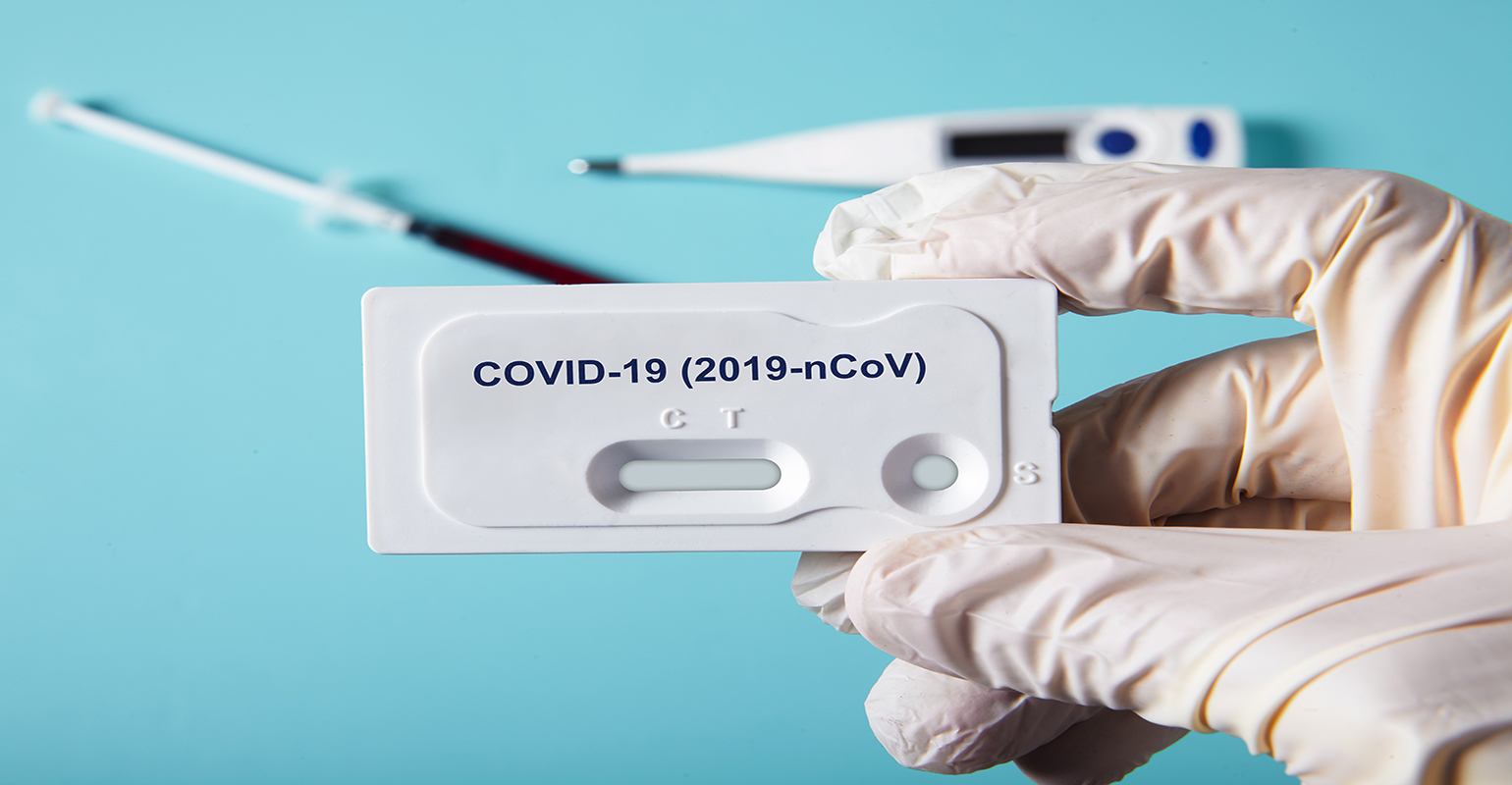
Types of COVID-19 Tests
With the continuous rise in the number of people getting infected with the coronavirus worldwide, researchers, medical practitioners, government officials, and many other groups have been trying to look for a way to stop the spread of the virus. Lockdowns and social distancing have been implemented, and the wearing of face masks or face shields has become a requirement. Along with these, COVID-19 testing was also conducted.
As of today, some have created vaccines for COVID-19. The US Food and Drug Administration or FDA has granted Emergency Use Authorization for the Pfizer-BioNTech COVID-19 vaccine on December 11. The vaccine is said to be safe and effective based on the clinical trials conducted. However, many people still doubt and are unsure about whether to get vaccinated or not.
In addition, the Centers for Disease Control and Prevention or CDC have also said that the vaccine may not be available for young children and that there may not be enough for all adults. Having said that, coronavirus testing is still the best way to determine who is infected and eventually prevent COVID-19 from spreading. Let’s take a look at the COVID-19 tests available today:
- Polymerase Chain Reaction (PCR) Tests
PCR tests detect the virus’ genetic material or RNA from samples usually taken through nasal or throat swabs. Most coronavirus testing sites in the US use PCR tests as they’re said to provide accurate results. The US Centers for Disease Control and Prevention or CDC also consider polymerase chain reaction tests as the gold standard for coronavirus testing.
- Saliva Tests
Since coronavirus particles are also present in saliva, a new type of PCR test was born. In August, the Food and Drug Administration or FDA has issued an emergency use authorization (EUA) to use saliva sample processing. Saliva tests also depend on PCR technology, and they’re said to be as accurate as nasal swab testing.
Some people prefer saliva tests because the sample collection is much easier and less invasive than a nasal or throat swab. It can be done at home without medical training. However, not everyone has the option to go for a saliva test. As of August 24, only a few laboratories in the US offer it.
- Antigen Tests
Like PCR tests, samples for antigen testing are taken through a nasal or throat swab. However, instead of looking into the virus’ RNA, antigen tests detect certain proteins that live on the virus’ surface.
Antigen tests are less expensive and generally faster than PCR tests, which is why they are used in most rapid testing sites. The test results, however, are said to be less accurate than PCR tests. This is why some healthcare providers would still recommend that people take a molecular or PCR test even if they tested negative in antigen tests.
- Antibody or Serology Tests
Antibody tests use blood samples to detect if the person’s immune system has developed antibodies to fight the coronavirus. Unlike the other types of COVID-19 examinations, an antibody test is not considered a diagnostic test that can tell if a person currently has the coronavirus.
However, some testing sites still use serology tests as they can determine who has been infected with COVID-19 and who should be immune. But this doesn’t mean that if a person tested positive, they are already safe from the virus. Experts are still unsure whether the antibodies really give protection and how long they stay in the body.
- Lateral Flow Tests
Also called lateral flow assay, this test is a different kind of rapid screening test for the coronavirus. It detects the virus by identifying the presence of a specific biological marker.
Lateral flow tests are less expensive than other types of COVID-19 tests and can produce results in just 5 to 15 minutes. Samples can be taken from body fluids like saliva, blood, sweat, and serum.
Get Tested for COVID-19 Today
Since we now have different types of COVID-19 testing available, don’t hesitate to get in touch with any center near you, especially if you’re experiencing any of the symptoms of the coronavirus. This way, you would know if you’re positive or not. If you’re worried about the cost, there are plenty of testing sites that offer free testing.
Planning to get dental implants? Before you do, read this article to learn about the different factors that could affect the total dental implant cost